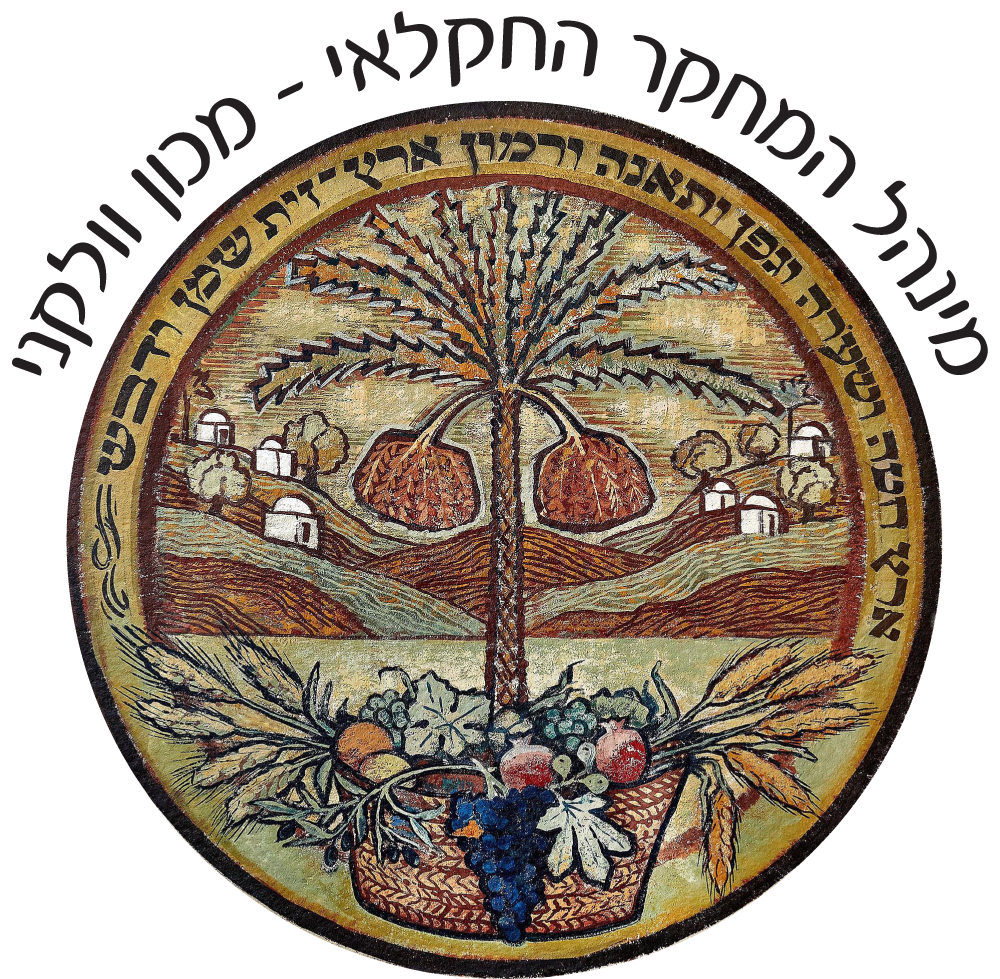Dr. Tamar Azoulay-Shemer, researcher and head of the fruit tree science unit, Newe Ya’ar, Volcani Center: ” I chose to focus our lab research on how climate change affects deciduous fruit trees and finding strategies to improve their resilience. Pomegranates, are known for their agricultural-economic and cultural significance, and their symbolic importance in Jewish tradition. In an era of climate change, the pomegranate is an important agricultural crop that faces considerable challenges, necessitating the development of new pomegranate cultivars. We focus on creating varieties that are more resilient to changing climates, with improved storage capabilities, and wide-ranging of ripening times. This ensures a stable and diverse food supply for the growing global population while addressing contemporary agricultural issues. Pomegranate breeding is not simply about improving taste or appearance; it is a critical mission for food security and sustaining a rich agricultural practice in the face of future challenges.”
Climate change brings extreme events that harm agriculture, crops, and fruit quality. For Rosh Hashanah, we offer a glimpse into the research and development in the field of pomegranate. Dr. Tamar Azoulay-Shemer, the head of the fruit and tree science unit in Neve-Ya’ar research center, and her team will discuss their efforts to create pomegranate cultivars that are more resilient to climate change. Among the various R&D projects, the fruit and tree science unit focus on various questions, such as: How can the pomegranate growing season be extended so that we can continue to enjoy them beyond Rosh Hashanah? How can we develop pomegranates with higher fruit quality, rich in antioxidants and health-promoting compounds? And how can we develop varieties with longer shelf life for extended storage and marketing needs?
